Table of Contents:
- Introduction
- How Pregnancy Affects Metabolism
- Post-Pregnancy Metabolism Changes
- Factors Influencing Metabolic Rate
- Ways to Boost Your Metabolism
- Maintaining a Healthy Metabolism After Pregnancy
- Conclusion
Introduction:
During pregnancy, your body undergoes significant changes to support the growth and development of your baby. One common question many new mothers have is whether their metabolism changes permanently after giving birth.
How Pregnancy Affects Metabolism:
During pregnancy, your metabolic rate increases to meet the energy demands of your growing baby. This increase in metabolism is essential for maintaining a healthy pregnancy and supporting fetal growth.
After pregnancy, many women experience changes in their metabolism. During pregnancy, the body undergoes numerous hormonal changes to support the growing fetus, leading to an increase in metabolism. However, after giving birth, some women may notice a decrease in their metabolism as their body returns to its pre-pregnancy state.
One reason for this change is the loss of muscle mass that can occur during pregnancy. The body may also store more fat in preparation for breastfeeding, which can slow down metabolism. Additionally, the stress and lack of sleep that often come with caring for a newborn can impact metabolism and make it more difficult to lose pregnancy weight.
It's important for new moms to be patient with their bodies and give themselves time to adjust to these changes. Eating a healthy diet, staying active, and getting enough rest can help support a healthy metabolism post-pregnancy. Consulting with a healthcare provider or a nutritionist can also be helpful in navigating these changes.

Post-Pregnancy Metabolism Changes:
After giving birth, many women experience changes in their metabolism due to hormonal fluctuations and changes in body composition. It is common for women to have a lower metabolic rate post-pregnancy compared to before becoming pregnant.
After pregnancy, many women experience changes in their metabolism. The body undergoes significant changes during pregnancy, and these changes can have a lasting impact on metabolism.
One of the most common changes that women experience is a decrease in metabolism. This is because the body requires fewer calories to support the needs of the baby after pregnancy. Additionally, hormonal changes and lack of sleep can also contribute to a slower metabolism.
It is important for women to be mindful of their diet and exercise routine after pregnancy to help support their metabolism. Eating a balanced diet and incorporating regular physical activity can help boost metabolism and aid in weight loss post-pregnancy.
Overall, it is normal for metabolism to change after pregnancy, but with proper care and attention, women can support their metabolism and maintain a healthy weight.
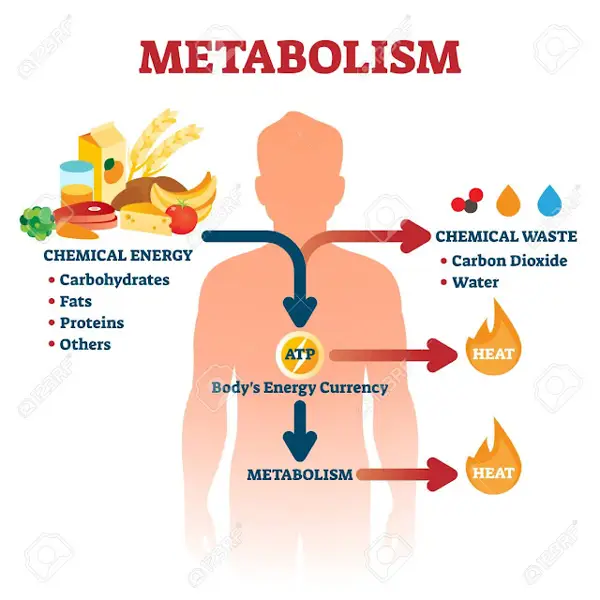
Factors Influencing Metabolic Rate:
Several factors can influence your metabolic rate, including age, genetics, muscle mass, and hormone levels. These factors play a role in determining how efficiently your body burns calories and processes nutrients.
Metabolic rate is the rate at which your body burns calories to generate energy. Several factors can influence your metabolic rate, including:
- Age
- Gender
- Body size and composition
- Physical activity level
- Genetics
One factor that can significantly affect metabolic rate is pregnancy. During pregnancy, a woman's body undergoes various physiological changes to support the growth and development of the fetus. These changes can have a lasting impact on metabolic rate post-pregnancy.
After pregnancy, some women may experience changes in their metabolic rate due to factors such as hormonal fluctuations, breastfeeding, and changes in body composition. It is essential to focus on maintaining a healthy lifestyle, including a balanced diet and regular exercise, to support a healthy metabolic rate post-pregnancy.
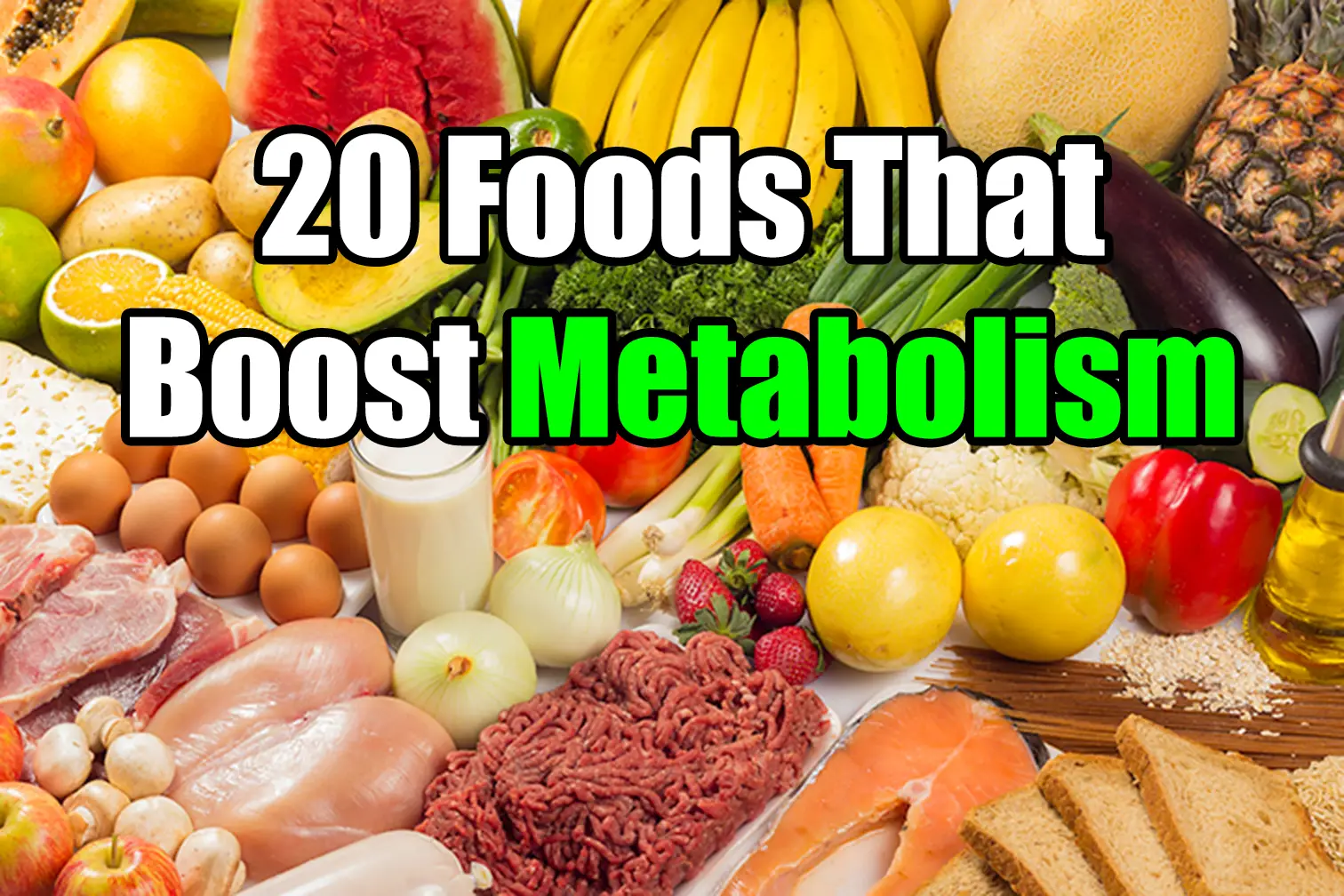
Ways to Boost Your Metabolism:
To boost your metabolism post-pregnancy, you can incorporate regular exercise, strength training, and a balanced diet rich in lean proteins, fruits, and vegetables. Drinking plenty of water and getting an adequate amount of sleep can also support a healthy metabolism.
Having a fast metabolism can help you maintain a healthy weight and have more energy throughout the day. Here are some tips to help boost your metabolism:
- Stay active - Regular exercise, such as cardio and strength training, can help increase your metabolism.
- Eat protein-rich foods - Protein requires more energy to digest compared to fats or carbohydrates, so including more protein in your diet can help boost your metabolism.
- Drink green tea - Green tea contains antioxidants and catechins that have been shown to increase metabolism.
- Get enough sleep - Lack of sleep can slow down your metabolism, so make sure to get at least 7-9 hours of sleep each night.
- Stay hydrated - Drinking plenty of water can help your body function properly and maintain a healthy metabolism.
After does your metabolism dieting change due to hormonal fluctuations and changes in your body composition. It's important to listen to your body and make adjustments to your diet and exercise routine as needed to support your metabolism during this time.
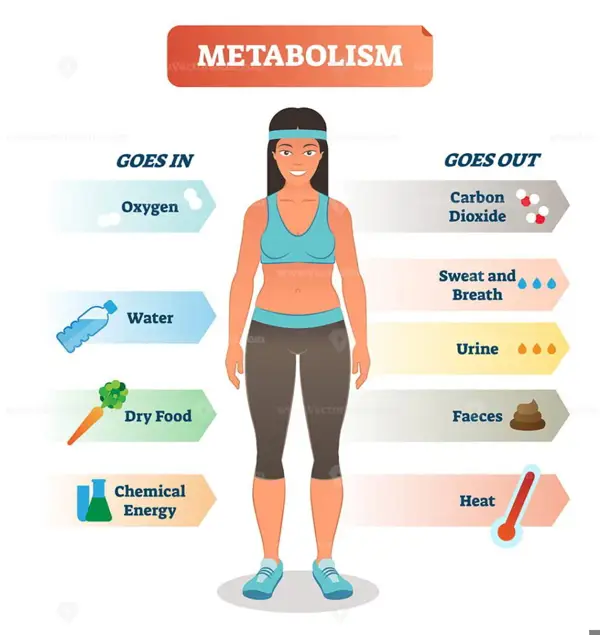
Maintaining a Healthy Metabolism After Pregnancy:
It is important to listen to your body's cues and make sustainable lifestyle changes to support a healthy metabolism. By staying active, eating nutritious foods, and prioritizing self-care, you can help maintain a healthy metabolic rate after pregnancy.
Maintaining a healthy metabolism after pregnancy is essential for both your physical and mental well-being. Many women find that their metabolism changes after giving birth, as their body adjusts to the demands of motherhood.
One of the key factors in maintaining a healthy metabolism post-pregnancy is staying active. Incorporating regular exercise into your daily routine can help boost your metabolism and keep your energy levels up. It is important to start slowly and gradually increase the intensity of your workouts as your body heals from childbirth.
In addition to exercise, eating a balanced diet rich in nutrients can also help support a healthy metabolism. Focus on eating whole, unprocessed foods like fruits, vegetables, lean proteins, and whole grains. Avoid sugary, processed foods and instead opt for nutritious options that will fuel your body and promote optimal metabolic function.
It is also important to stay hydrated and get plenty of rest in order to support a healthy metabolism. Dehydration and lack of sleep can slow down your metabolism and make it harder for your body to burn calories efficiently.
By incorporating these healthy habits into your post-pregnancy routine, you can help maintain a healthy metabolism and support your overall well-being as you adjust to life as a new mother.
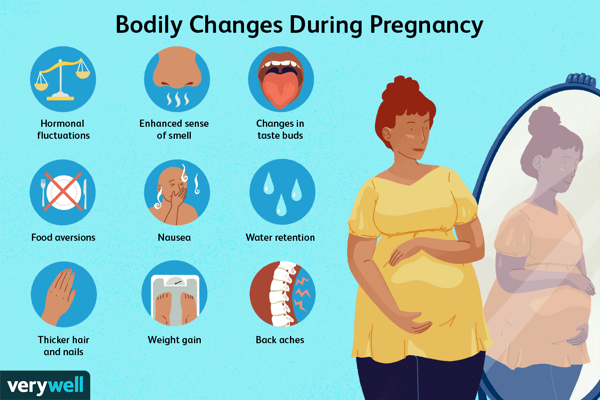
Conclusion:
While pregnancy can impact your metabolism, it is possible to make positive changes to support a healthy metabolism post-pregnancy. By adopting healthy habits and listening to your body's needs, you can achieve optimal metabolic function and overall well-being.
Key Takeaways:
- Pregnancy can lead to temporary changes in your metabolism.
- Factors such as age, genetics, and muscle mass influence your metabolic rate.
- Regular exercise and a balanced diet can help boost your metabolism after pregnancy.
- Listening to your body's cues and prioritizing self-care are key to maintaining a healthy metabolism.
FAQ:
Q: Will my metabolism ever go back to its pre-pregnancy state?
A: While your metabolism may not return to exactly how it was before pregnancy, making healthy lifestyle choices can help support a healthy metabolic rate.
Q: How long does it take for your metabolism to adjust after giving birth?
A: The timeline for metabolism adjustment post-pregnancy can vary for each individual, but adopting healthy habits can support this process.
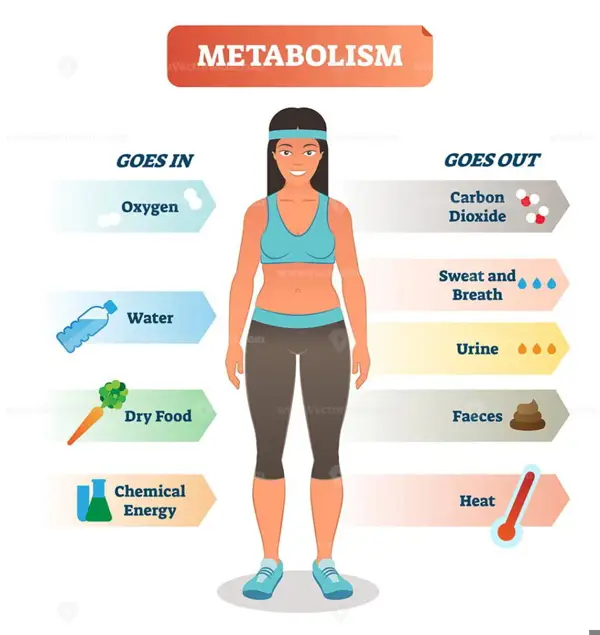


Recent Comments